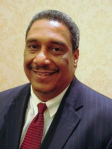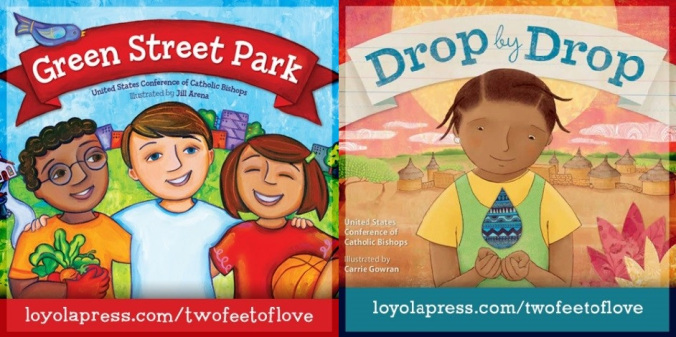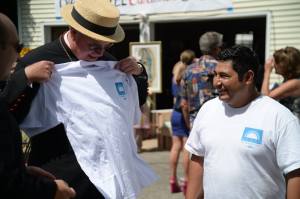Members of the Essex Community Organization, an MCAN affiliate in the North Shore of MA, join together at Zion Baptist Church in Lynn at a meeting with the Lynn Police Department Chief, and participate in a liturgy of justice to ground their work in prayer.
“They are passionate in everything they do. They are passionate in their concern for the underdog. They are passionate about leveling the playing field. They are passionate about helping people who have no voice to find a voice.”
When I heard this description of the people of the Massachusetts Communities Action Network (MCAN), it took on the cadence of a litany. It was a litany of what it takes to grow a handful of local community groups into a successful, well-respected statewide organization that has earned its place at the table. MCAN has received Catholic Campaign for Human Development (CCHD) grants from both local and the national offices throughout their existence to help translate the passion of its organizers and members into effective, lasting progress for low-income people throughout Massachusetts.
MCAN members gather with coalition partners at Raise Up Massachusetts outside the Massachusetts State House to turn in a record-high number of petition signatures to raise the minimum wage.
MCAN has strong roots in Catholic parishes and has been a resonant voice for immigrants and low-wage workers. Each of the member organizations has an impressive decades-long record of accomplishment with local grassroots issues. But when they came together, they created energy, momentum, and passion. With months of persistent, patient door-to-door visits and community meetings, MCAN and the Raise Up Massachusetts coalition mobilized support in the state legislature and among voters for two measures that affect more than one million low-income people: an increase in the minimum wage and employer-provided earned sick time.
In recognition of their enthusiasm and unflagging work in support of and in solidarity with oppressed people, MCAN was presented the Sr. Margaret Cafferty Development of People Award. I assure you we were delighted to recognize a longtime funded group that is passionate about holding elected officials accountable and creating solutions to the underlying causes of poverty.
MCAN engages younger generations in the importance of community organizing and voting. These four children of leaders in Brockton helped canvass for the 2014 Earned Sick Time Ballot Initiative in Massachusetts.
MCAN is not resting on its laurels. It continues its work to reform the justice system and is already gearing up to support a 2018 constitutional initiative that will fund education and transportation with a new tax on people who make more than $1 million a year.
“They are passionate about everything they do.” What a terrific accolade!
Throughout the long, gray winter and this joyful Easter season, I thought about the myriad people who step out of their natural comfort zones to work for justice. I have been blessed to meet many people who work for CCHD-funded organizations and consistently put their families and others before themselves as they strive to help the entire community move beyond poverty. Thank you to all of the supporters of CCHD who help us offer training, support, and encouragement to groups like MCAN. I am grateful.

Ralph McCloud serves as the director of the USCCB Catholic Campaign for Human Development. Learn more about the work of CCHD and follow on Twitter @EndPovertyUSA.
Learn more about MCAN’s organizing work and the Sr. Margaret Cafferty Development of People’s Award in the latest edition of the CCHD quarterly newsletter Helping People Help Themselves.
See other CCHD groups’ Stories of Hope on PovertyUSA.
 7. Gift
7. Gift 